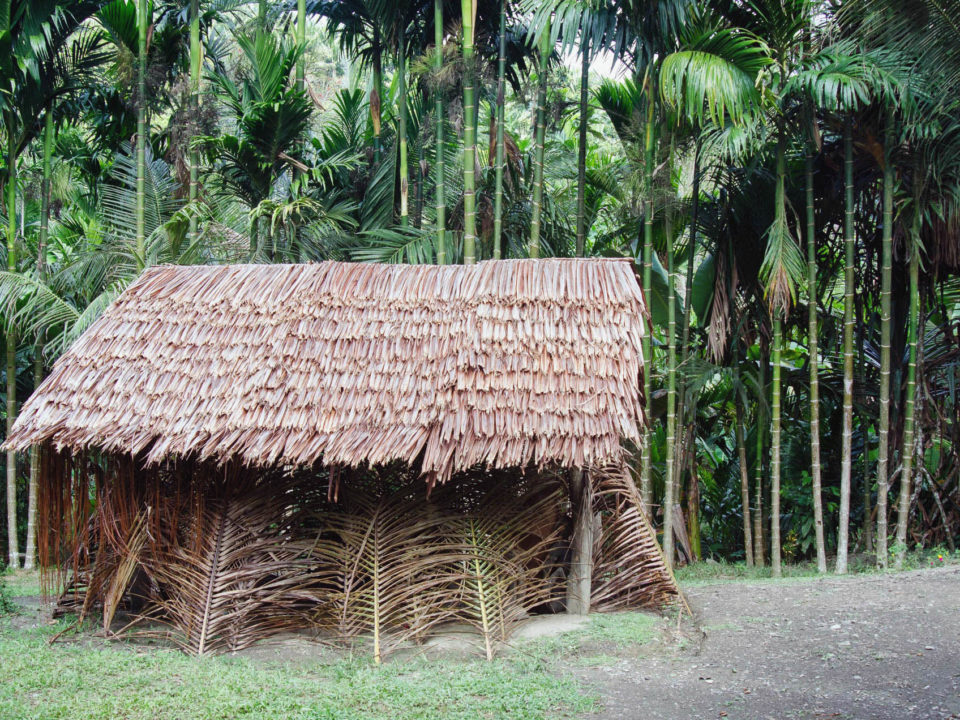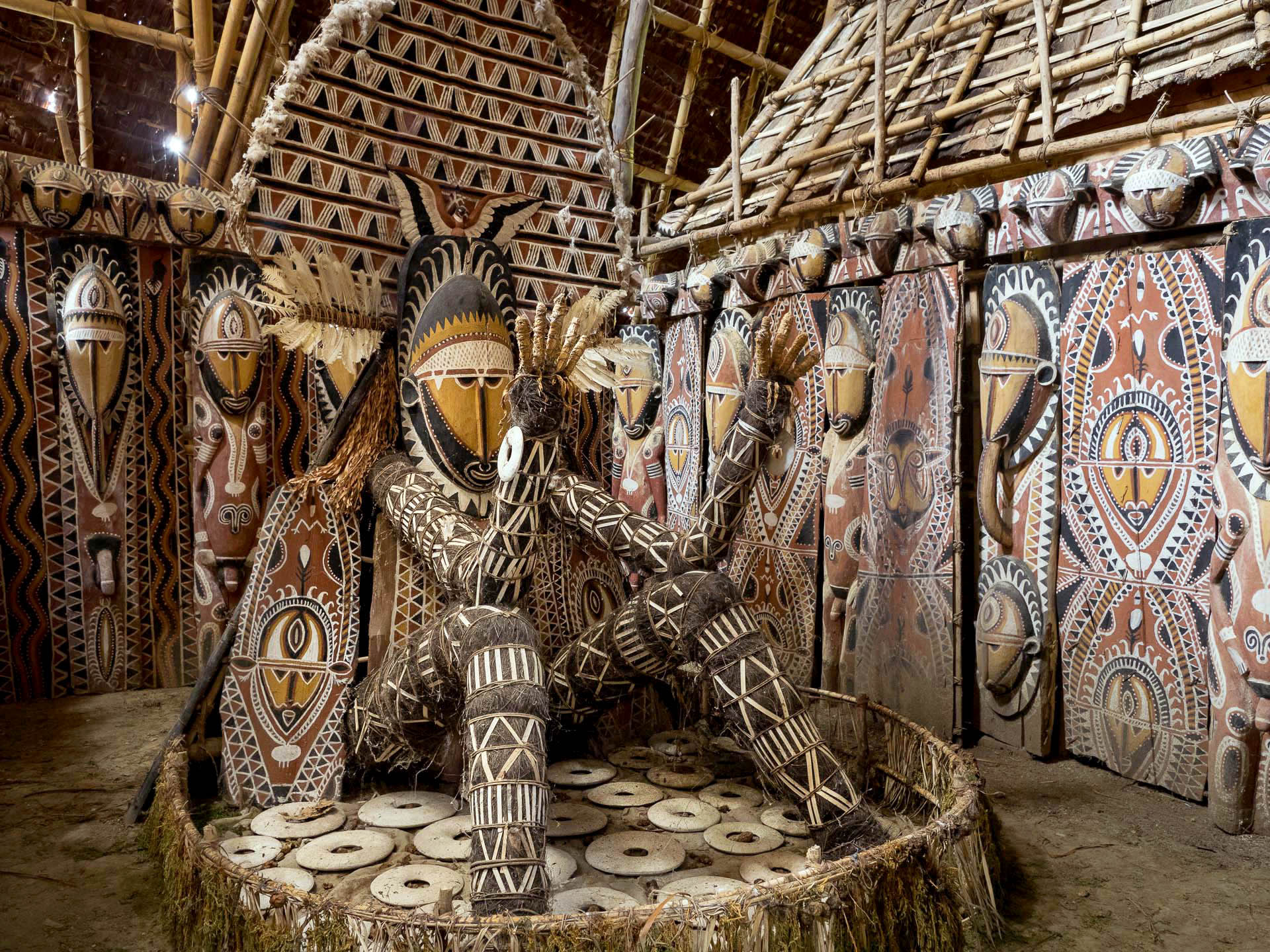A short tale for kids.
Different from a tumbuna story (ancestors’ myth or legend) reserved for the initiated men in the tambaran (cult house), this is a so-called “story nothing”, open to everyone.
I recorded it from Yangas Vikapa, a young Kwoma artist from the Sikau (Wallaby) sub-clan, in Masanumbuk, Sepik, 2015.
Tag: Folklore
The story of Wabiken
An Abelam myth story.
During a trip along the Sepik, I heard a folk tale about a powerful spirit-man who became a yam (a sweet potato) and drifted down the river spreading around Maprik, where the Abelam tribes were living.
Two years later, I arrived at the Abelams and recorded their side of that tumbuna story of the deity which brought the yam to their lands.
The story of Makapasapa and Sasaap
A Kwoma myth story which I heard from David Kaipuk, a Kwoma elder, on my first expedition along the Sepik, in 2012. Then, he told me only a part of it, saying that the rest belongs to other clans. Afterwards, I saw motifs from the Makapsapa myth painted and carved inside the tambaran, and even on the posts of the Ambunti market.
In 2015, I recorded the complete story from Kowspi brothers, two Kwoma artists.
Collecting folk tales along the Sepik River, Papua New Guinea
Between 2012 and 2018, I travelled to remote communities along the Sepik. I found my way by word of mouth, through extended families, following their stories. I joined my hosts working sago, catching fish, hunting, trading crocodile skins and gold-mining. I attended ritual ceremonies, watched trials for custom-breaking and sorcery, witnessed wife exchanges and listened to every-day issues mixing old taboos and nowadays solutions.
Several elders and young artists were receptive to share their stories with me.
Glossary for Sepik folk tales
I wrote this glossary with photos to explain some of the words and expressions which appear frequently in the stories. It’s not meant to be an extract of a PNG Pidgin – English dictionary, but to give a little bit of context related to the environment where I collected the folk tales. Bilum – means bag or sac. Traditionally it’s […]
Continue reading



